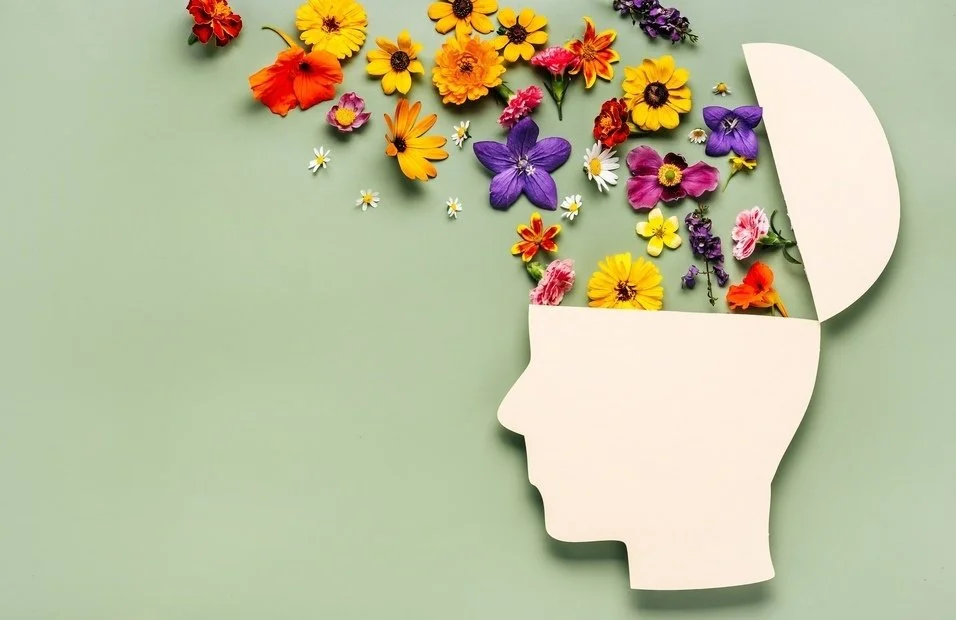Prenatal and Postpartum Maternal Depression
For many new parents, having a baby can be one of the happiest and most exciting times of their lives. For others, it can be more difficult. A drop in hormones after birth and sleep deprivation can contribute to mental health challenges for new moms. In addition, life circumstances and varying levels of support can also affect a mother’s mental health. Read on for more about prenatal and postpartum maternal depression and what to do about it.
What is maternal depression?
Maternal depression includes prenatal and postpartum depression. It’s estimated that 10-20% of women experience one or both of these types of depression. It can last for weeks or months and interfere with daily life. Symptoms can include:
frequent crying
persistent sadness
feelings of guilt or worthlessness
irritability
fatigue
sleep disturbances
a significant change in appetite
poor bonding or attachment with the baby
memory disruptions
loss of interest in life
If you are experiencing thoughts of hurting yourself or your baby, seek help immediately. Call 911, your doctor, or a mental health professional.
Prenatal depression
Prenatal depression is when pregnant mothers experience depression. Women who have had depression before are at a higher risk for prenatal depression.
Postpartum depression
Postpartum depression is experienced by mothers after having a baby. It may include feelings of anxiety and extreme worry about the new baby. Feeling guilty or not good enough as a parent is common in those experiencing postpartum depression. Mothers with postpartum depression may feel distant or struggle to bond with their baby. They may even worry that they will hurt their baby.
Baby blues
“Baby blues” can include many of the same symptoms as prenatal and postpartum maternal depression. Symptoms include sadness, crying, moodiness, and feeling overwhelmed. However, baby blues lasts less than two weeks after the baby is born. Baby blues affect up to 80% of women. It often peaks three to five days after birth. In contrast, postpartum depression lasts longer than two weeks and is typically more disruptive.
How does maternal depression affect children?
Untreated maternal depression can affect children and their development. For a pregnant woman experiencing depression, she may struggle to obtain adequate prenatal care. In utero, her baby may not get all the nutrients they require or they may be born prematurely or with low birth weight. Prenatal depression can also contribute to an increased risk of preeclampsia or spontaneous abortion.
If a mother experiences untreated postpartum depression after a baby is born, this can also affect her baby. The infant may develop angry or passive styles of coping. Infants may begin to withdraw instead of attempting to connect with their mothers. Additionally, babies could also struggle with self-regulation, paying attention, and engagement. Infants whose mothers have postpartum depression may perform lower cognitively as well.
Maternal depression also affects partners. Read our latest blog on how postpartum depression affects dads and partners here.
Treatment options
Maternal depression is not easy on new moms or their families. The good news is that maternal depression is treatable. The risk of long-term consequences of maternal depression for children and mothers can be decreased.
Medication can be used to treat maternal depression. However, medication during pregnancy or while breastfeeding may affect the development of the fetus or baby. It’s important to consider possible side effects on the fetus or baby versus the effects of untreated prenatal depression. Talk to your doctor about the possible side effects.
Talk therapy, cognitive behavioral therapy, and psychotherapy are excellent treatment options, especially for less severe depression. In addition, social supports such as a new mothers’ support group can also reduce feelings of isolation and help with maternal depression. Talk to a mental health professional who specializes in maternal depression about what options are available in your area.
Are you looking for more support for yourself or a loved one? Please reach out to us. Our team of therapists is here to provide support and guidance. We look forward to connecting with you.






